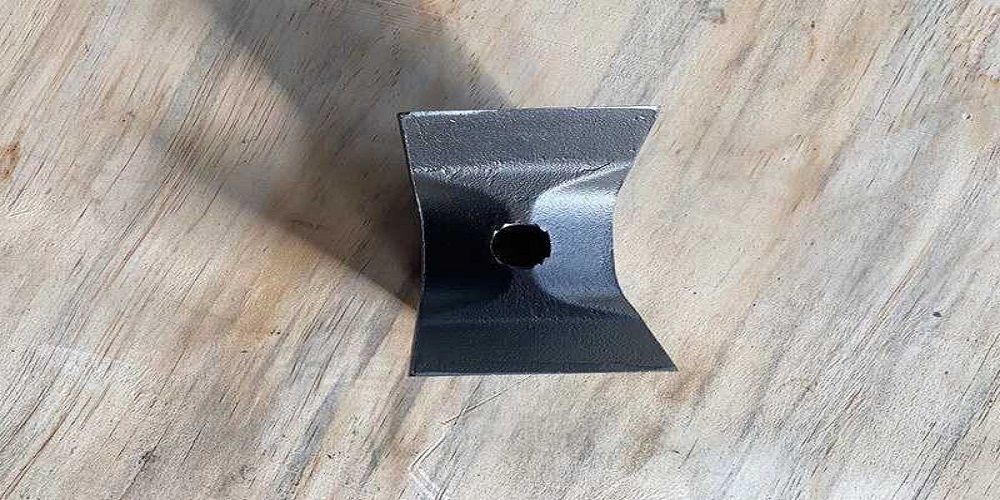Digging is a basic cycle in different enterprises, like development, horticulture, and finishing. It includes making restricted and profound channels on the ground to introduce underground lines, links, or waste frameworks. A digger is a particular machine intended to dig the channels proficiently and rapidly. Notwithstanding, similar to some other apparatus, diggers require normal upkeep and substitution of parts to guarantee ideal execution. The features wear out over the long run, and expect substitution to keep up with the digger’s presentation. These parts incorporate sprockets, heading, chain joins, and different facets dependent upon consistent pressure and wear during the digging system. By routinely supplanting broken-down parts, you can broaden the existence of your digger and guarantee the greatest efficiency. The digger teeth are cutting apparatuses mounted on the digger’s digging chain to slice through the ground and make the channel. The right determination of digger teeth can further develop the digging effectiveness and speed while diminishing the mileage on the digger. Go now to this site https://www.jyfmachinery.com/trencher-teeth-and-trencher-wear-parts/ and get the best trencher teeth and Trencher wear parts.
Choosing the right teeth for your Trencher
Picking the right digger teeth for your digger is fundamental for accomplishing ideal digging results. There are different variables to consider while choosing digger teeth, for example, the dirt sort, channel profundity, and the digger machine’s size and pull.
Consider the tooth design
Digger teeth come in different plans, like cup teeth, shark teeth, and shot teeth, among others. Each plan has its particular reason and is appropriate for specific soil conditions. For instance, cup teeth are intended for diving in hard soil, while shark teeth are great for diving in delicate soil. Projectile teeth, then again, are flexible and can function admirably in various soil conditions.
Evaluate the cost
The expense of digger teeth changes depending on the teeth’ kind, plan, and nature. Offsetting the expense with the exhibition and solidness of the teeth is fundamental. Less expensive teeth might have a higher wear rate and need regular substitutions, which can be exorbitant over the long haul. Then again, more than costly teeth may be required for straightforward digging tasks.
Determine the type of soil
The sort of soil in the digging region is a vital element to consider while choosing digger teeth. The hardness, dampness content, and dirt creation will influence the teeth’ presentation. For example, if the dirt is rough, you really want teeth made of hard and sturdy material, like carbide. Then again, if the dirt is free and sandy, you want teeth that can scoop and dislodge the dirt proficiently.
Consider the wear rate
Digger teeth wear out after some time because of the grating idea of the dirt. It is fundamental to pick teeth with a low wear rate to limit the recurrence of substitutions. Teeth made of great materials, like carbide, have a more extended life expectancy and are less inclined to break down rapidly.
Evaluate the tooth size
The size of the teeth likewise assumes a critical part in the digging activity. Bigger teeth are reasonable for digging further channels, while more modest teeth are great for shallow channels. The separation between the teeth additionally influences the nature of the channel. The separating ought to be so that the teeth can eliminate the dirt and forestall stopping up.


